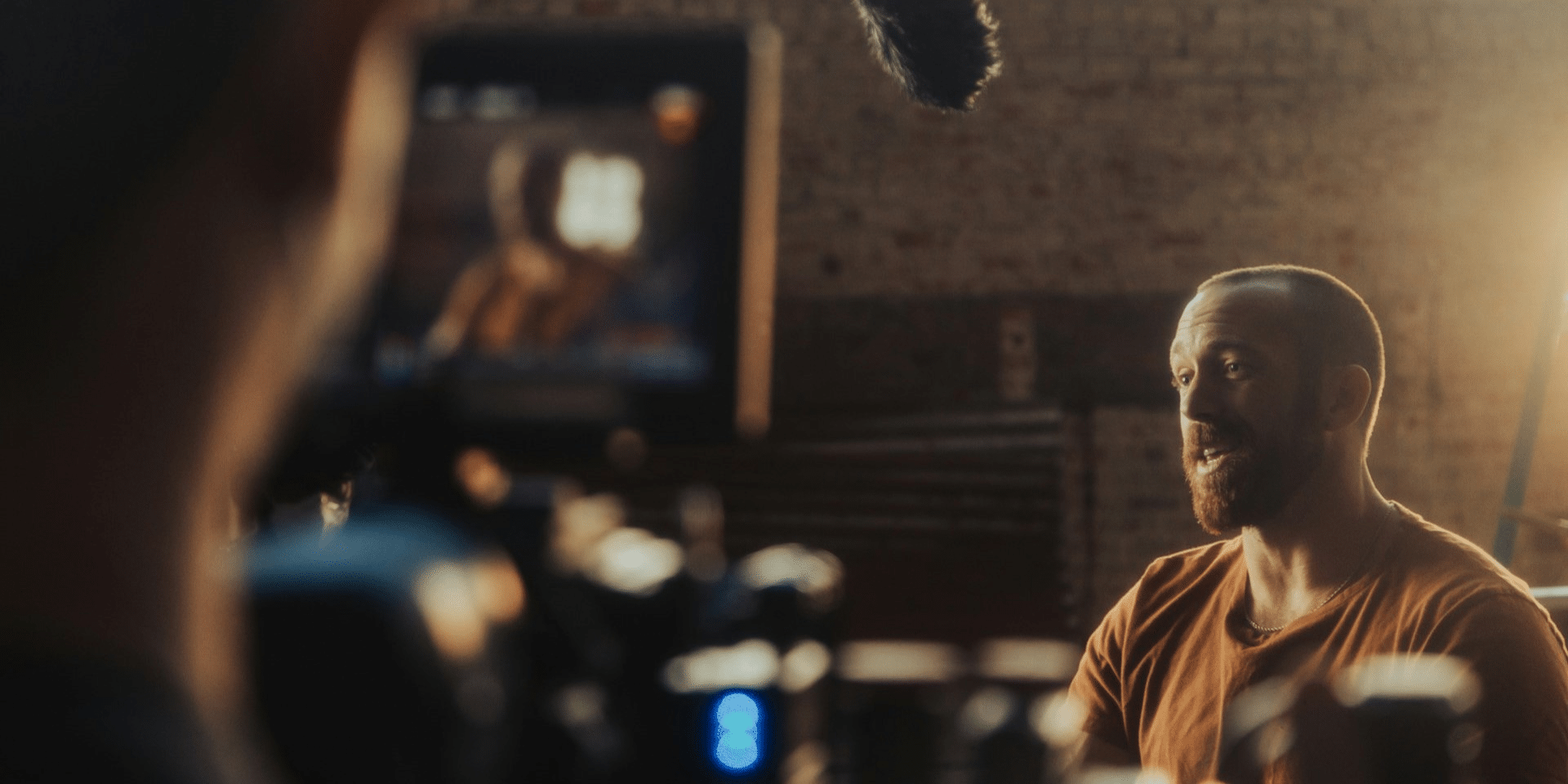From action-packed blockbusters to heartwarming animated features, Hollywood has an undeniable grip on our imaginations. But this influence isn’t limited to popcorn-munching adults; children are prime targets for the messages and imagery conveyed on the silver screen. So, just how much does Hollywood really influence children? The answer, like a well-written script, is full of twists and turns.
Here’s a closer look at the influence of Hollywood on children, exploring both the positive and potential downsides:
1. Shaping Dreams and Expanding Horizons: The Power of Positive Role Models
Hollywood can be a powerful tool for shaping children’s aspirations and values. Positive role models on screen can inspire children to dream big, stand up for what’s right, and believe in themselves.
Imagine a young girl watching a documentary about a pioneering female scientist. The film showcases the scientist’s dedication, perseverance, and groundbreaking discoveries. This positive representation can spark a passion for science in the young girl, motivating her to pursue her own academic dreams. A recent American Psychological Association study highlights the impact of role models, stating that “exposure to positive role models can increase children’s self-esteem and encourage them to pursue challenging goals.”
Movies can also expand children’s horizons, introducing them to different cultures, historical periods, and social issues. These experiences can foster empathy, understanding, and a sense of global citizenship.
2. The Power of Perception: Navigating Gender Stereotypes and Unrealistic Body Image
However, Hollywood’s influence isn’t always positive. Gender stereotypes often run rampant, with female characters relegated to damsels in distress or overly sexualized figures. This can shape children’s perceptions of gender roles and limit their understanding of what’s possible for themselves.
Imagine a young boy constantly bombarded with movies where male heroes are the sole action stars, while female characters play passive roles. This portrayal can reinforce traditional gender norms and discourage boys from appreciating traditionally feminine qualities like empathy and communication. A Geena Davis Institute study emphasizes the negative impact of gender stereotypes, stating that “children exposed to gender-stereotyped media are more likely to limit their aspirations and career choices.”
Similarly, unrealistic body images portrayed in movies can negatively impact children’s self-esteem, particularly during their formative years. Constant exposure to airbrushed actors and actresses can lead to body dissatisfaction and unhealthy eating habits.
3. Critical Viewing: Equipping Children to Decipher the Screen
The key to mitigating the potential downsides of Hollywood’s influence lies in critical viewing. Parents and educators need to equip children with the tools to analyze what they see on screen.
Imagine a family movie night that turns into a conversation starter. Parents can ask questions like “What did you like about the movie?” or “Do you think the characters’ actions were justified?” These discussions help children develop critical thinking skills and understand that movies are not real-life portrayals. A National Institute of Mental Health resource highlights the importance of media literacy, stating that “children who are media literate are better able to understand the messages they are receiving and make informed decisions about their media use.”
By fostering open communication and critical thinking skills, parents and educators can help children navigate the influence of Hollywood. Movies can be powerful tools for shaping children’s dreams and perspectives, but it’s crucial to remember that the silver screen is just one piece of the puzzle. Real-life experiences, open conversations, and positive role models all play a vital role in shaping who children become. After all, the most important stories aren’t always told in Hollywood; they’re lived out in the real world, shaped by the choices children make and the influences they choose to embrace.














